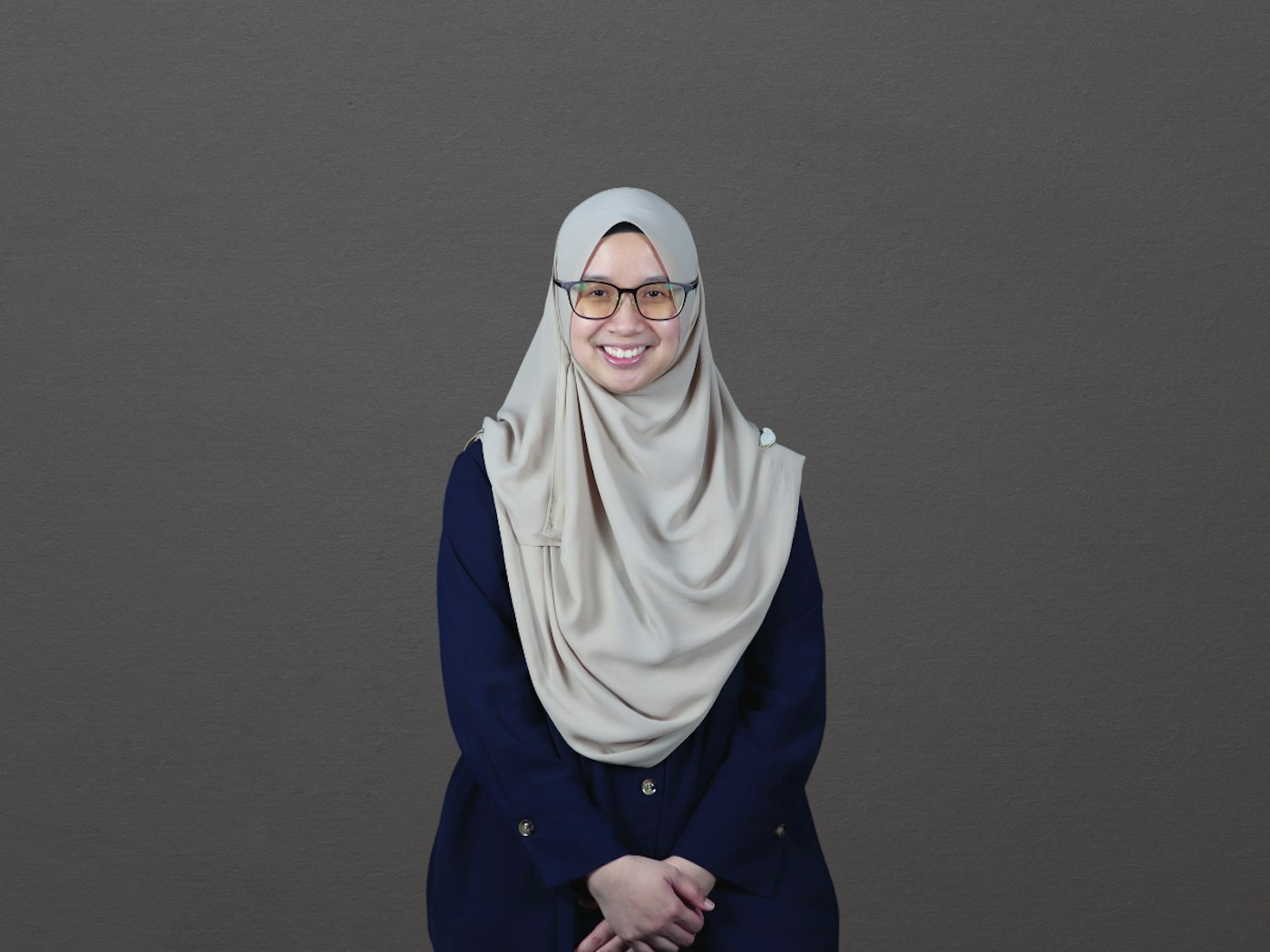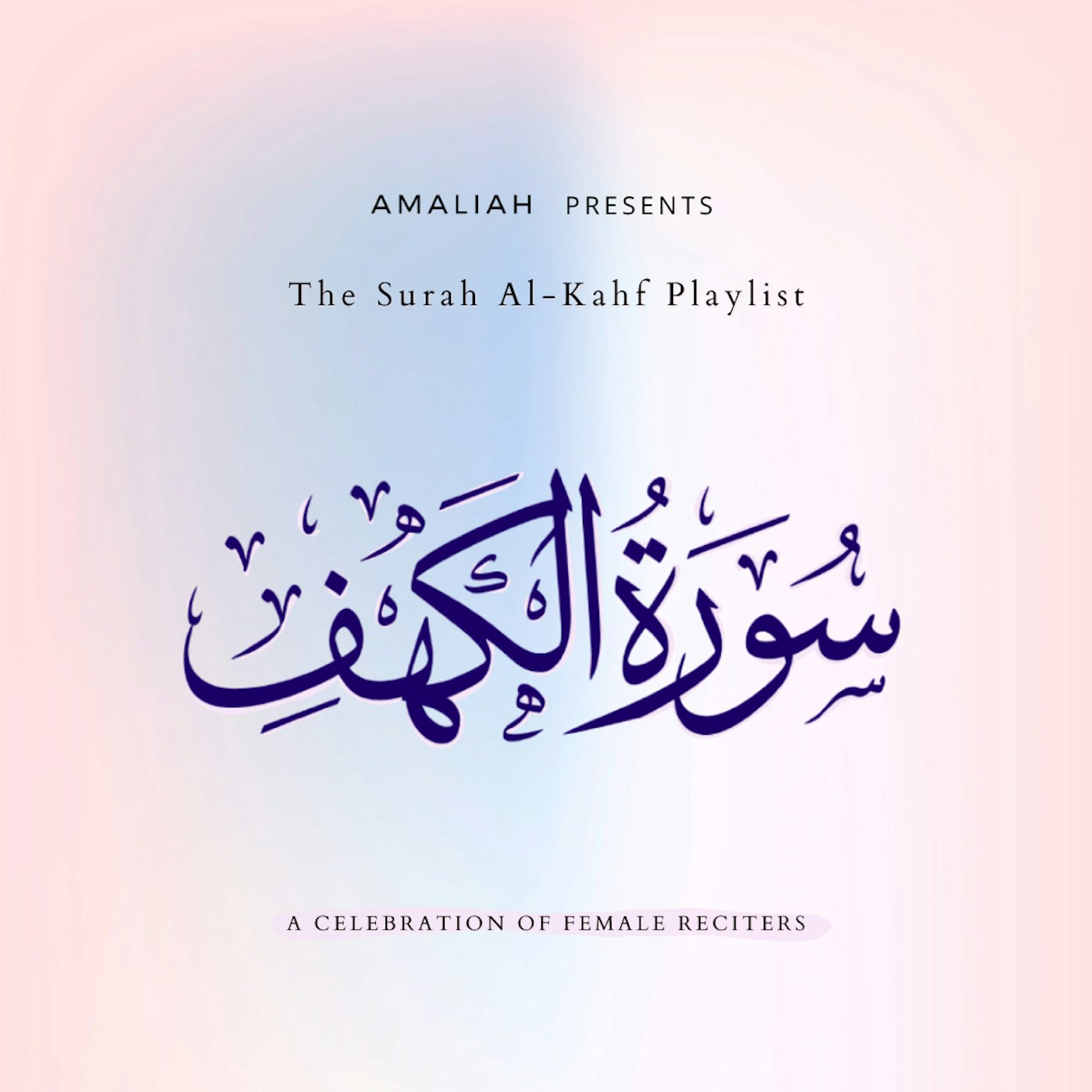
How many female reciters do you know?
Recitations of the Qur’an by Muslim women are by no means a modern phenomenon. The presence and legacy of female reciters in Islamic history is well documented, but many may not be aware of this long standing tradition due to the fact that this act of ibadah and expression of faith is often confined to the private sphere (though this is not the case for many countries such as Indonesia, Nigeria, Sudan and Malaysia where female reciters are listened to widely by women and men alike). For many of us, the first encounter of the Qur’an would’ve taken place in our childhoods, listening to recitations during salah at home, in the mosque, or on a crackly radio or TV channel. Many would’ve also grown up hearing our mothers and other women in our families reciting the Qur’an around us. Many more still would’ve been taught Qur’an by the women in their families or by female teachers in Islamic schools or online tajweed classes. All these recitations combined are a testament to the legacy of female reciters and the importance of their voice to maintaining this Islamic tradition.
About the Surah Al-Kahf Playlist
“I think this project is fantastic…It’s very much needed, now more than ever. Jazakumullah khayr.” – Riham Rabee, participant in the open call
There have been growing efforts to ensure that legacy is maintained, particularly across social media, to encourage more female reciters and the memorisation of, and listening to the Qur’an. This Ramadan, Amaliah wanted to join in on those efforts of archiving and amplifying the voices of women through Qur’an recitations. In order to do this, we put a callout asking female reciters to submit their recitations of Surah Al-Kahf to us. We were overwhelmed with the response to our open call: we received submissions from women in 20 different countries from beginners to those who had completed their memorization of the Qur’an. We heard a number of different styles and Qi’raat (readings) which beautifully reflected the traditions and culture of each reciter. We selected five recitations which will form the Surah Al-Kahf playlist.
We chose Surah Al-Kahf specifically for this project as it is a Surah that we are commanded to recite every Friday, and our hope is that people revisit this playlist every week to gain its reward. Surah Kahf, translated as ‘The Cave’, is the 18th chapter of the Quran and comes exactly in the middle of the Quran. The Surah is rich in storytelling and guidance and was recommended by Prophet Muhammad ﷺ said to read each Friday:
“Whoever recites Surat al-Kahf on Friday will have a light between this Friday and the next.”
Our main aim for this project was to celebrate the rich history and tradition of female reciters in Islam and make their work more accessible to Muslims around the world. We want the voice of female reciters to be equally present in Qur’an apps, YouTube recitations etc and to act as a resource for Muslims who want to listen, memorise and read along to the Qur’an. We hope that this playlist will inspire and encourage more of our community to read Surah Al-Kahf every Friday and to reap its rewards during Ramadan and beyond.
Female Reciters Throughout Islamic History
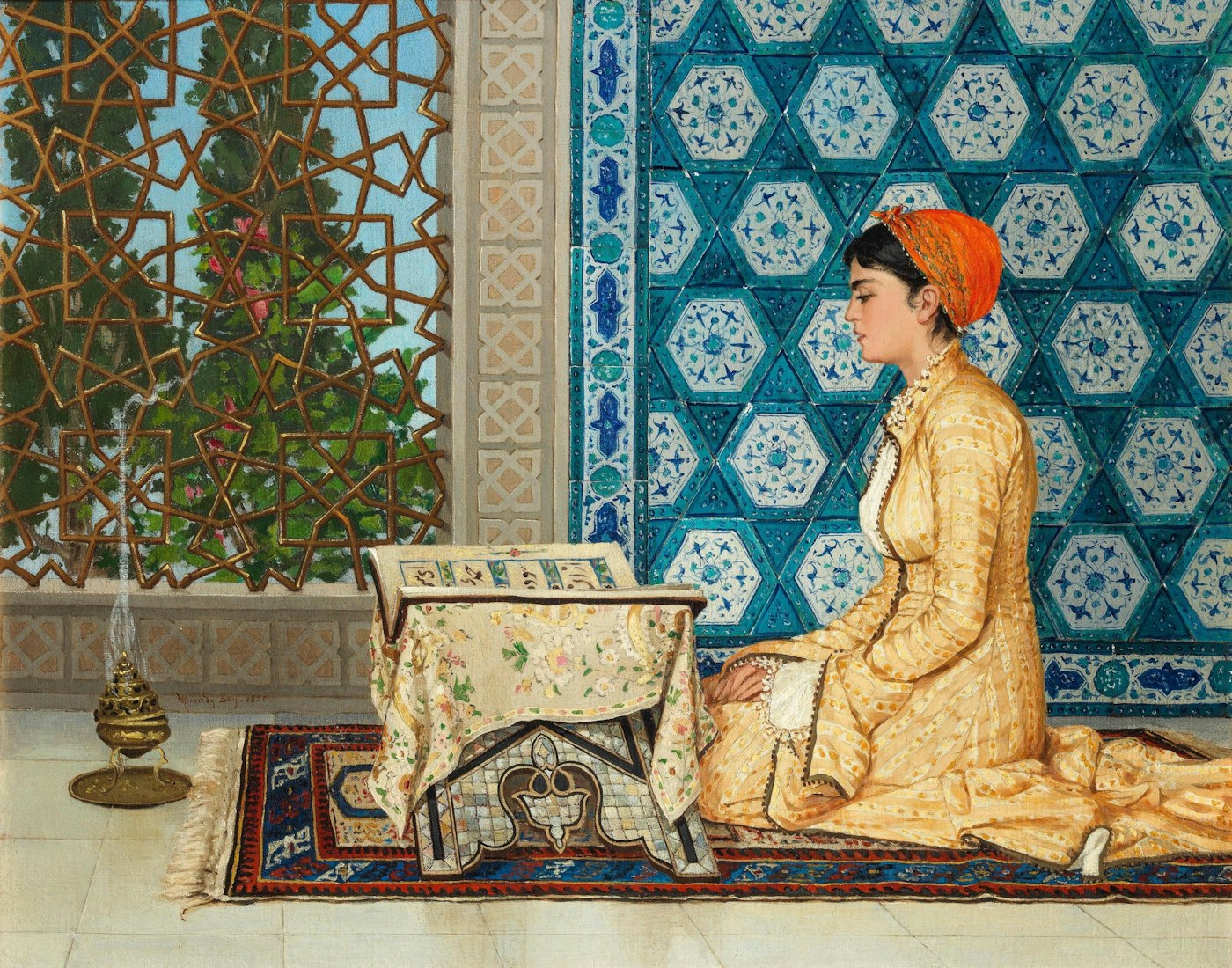
“I am passionate about reviving Muslim female scholarship and representation in society, and that is why I applied to this project.” – Shaimaa Elmetwally, participant in the open call
This legacy of female reciters in Islam dates back centuries to the time of Prophet Muhammad ﷺ where sahabiyat memorised and helped to transmit the Qur’an to future generations. Female reciters also thrived in places like Mali, Mauritania, Senegal and Nigeria where they were responsible for teaching and training thousands of both male and female reciters. In 9th century Baghdad, Abbasid princess Zubaidah bint Ja’far employed many female reciters and it was said her palace sounded like a beehive due to the Qur’an that could constantly be heard recited throughout her living quarters.
In the 20th century, Egyptian female reciters such as Sheikha Munira Abdo, Sakina Hassan and Sheikha Mabrooka, were renowned for their recitations throughout the world. The first of these reciters, Sheikha Munira Abdo, was Egypt’s first female Qur’an radio reciter. She began reciting Qur’an aged 18 at funerals and gatherings in her city. Her recitations reached a global audience when she was appointed as one of the reciters for Egyptian Radio in in 1934. She quickly rose to prominence and was known throughout the 1920s and 30s for her powerful tone and unique melody when reciting. Her voice rivalled that of other famous male reciters at the time, and she taught many men the art of reciting the Qur’an. Despite this, she was paid just 5 Egyptian Pounds for her radio recitations in comparison to her male counterparts who were paid double this amount.
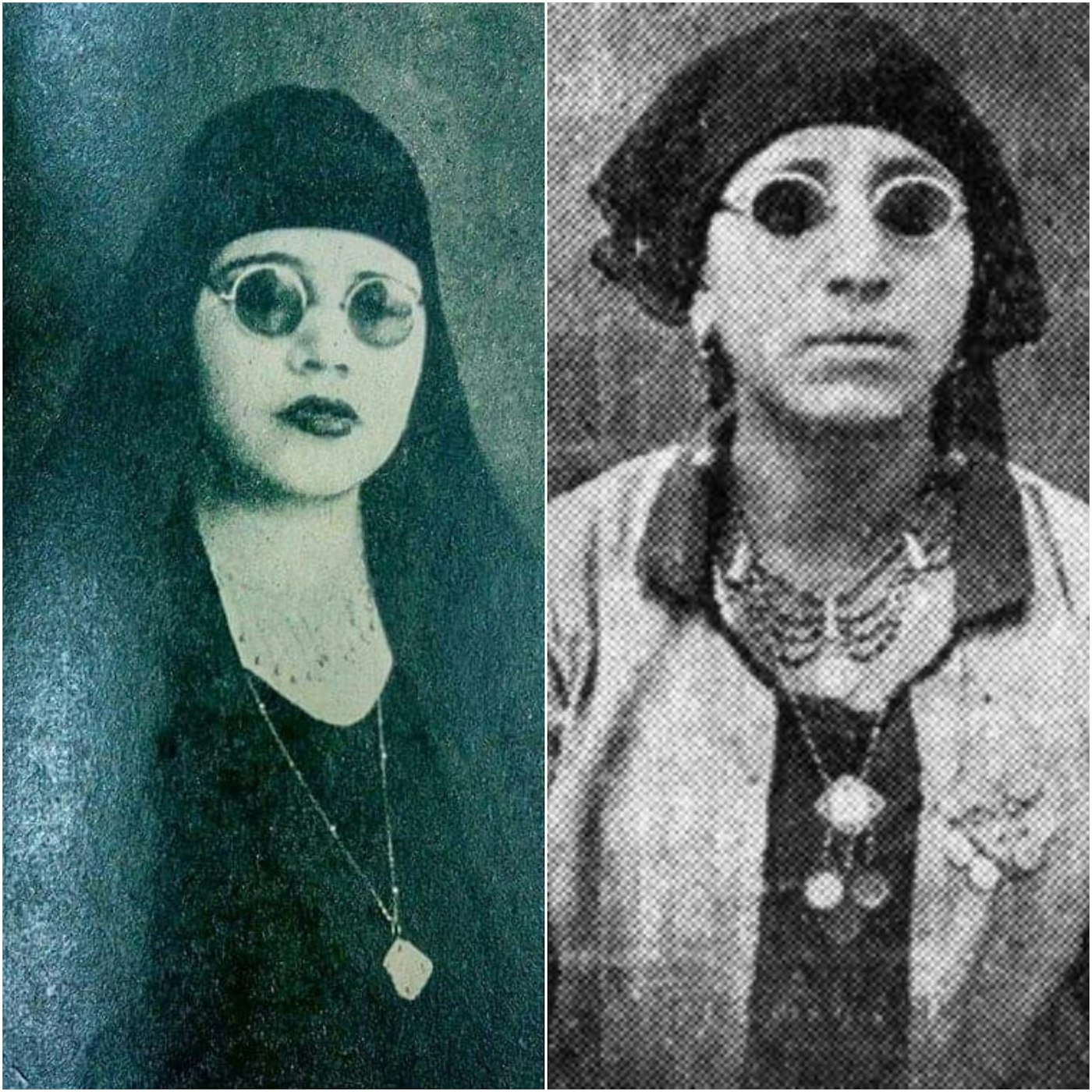
The voices of female reciters in Indonesia, Malaysia and much of South East Asia are also particularly present in the public arena. They feature prominently in events where they are invited to recite the Qur’an and often place top in International Qur’an competitions.
“The voices of women are one of the distinctive strains in the Islamic soundscape, and as they perform, teach, study together, and practice alone, women contribute to the creation of messages of great beauty, power, and potency. They not only have access to the divine, but they also help to create it both for themselves and for others. Their voices, loud, strident, and authoritative, are heard by all and often emulated, even by men.” – Excerpt from ‘Women, the Recited Qur’an, and Islamic Music in Indonesia’ by Anne Rasmussen
The Different Ways of Reciting the Qu’ran
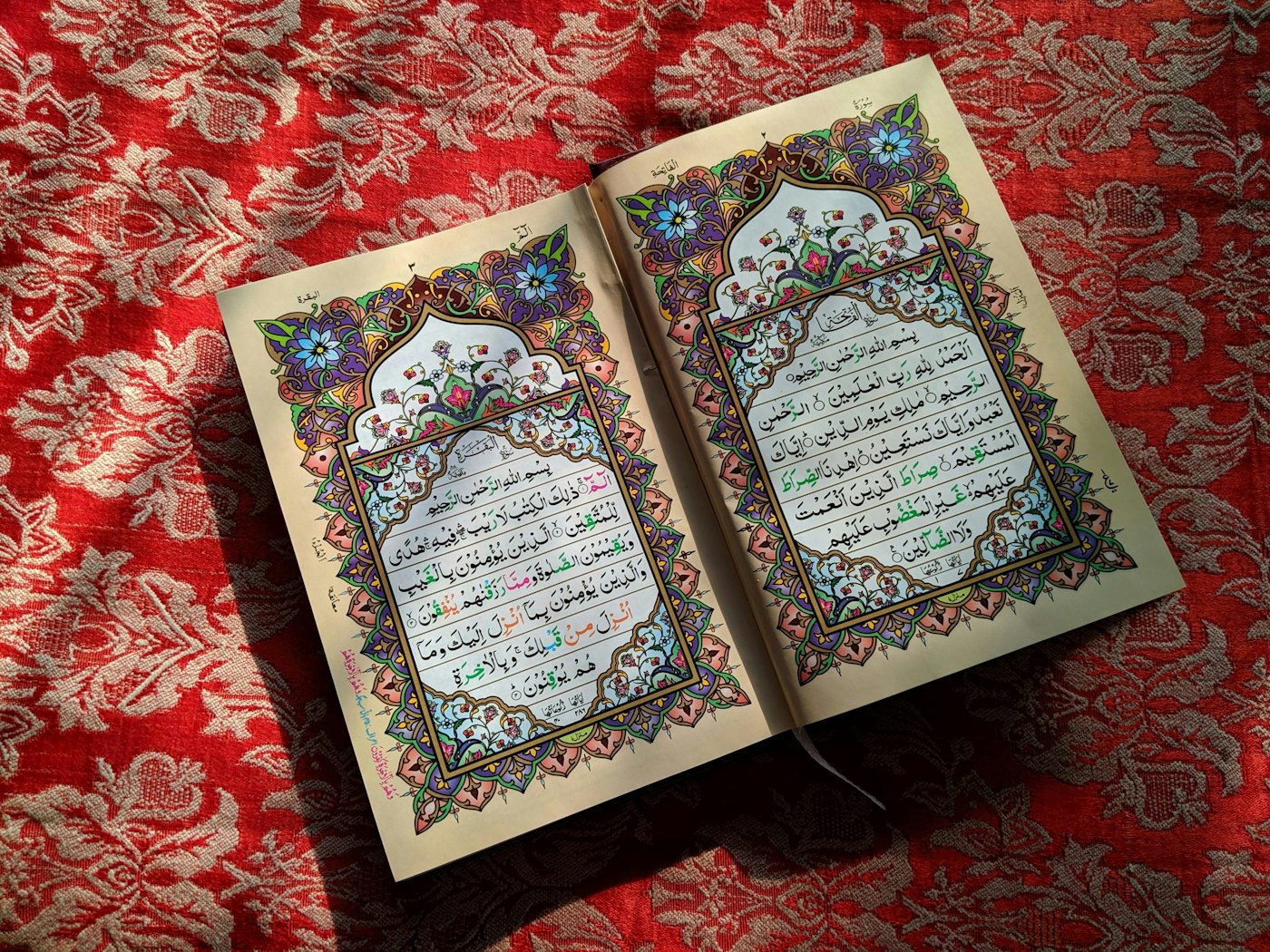
“I have been introduced recently to the concept of female reciters and have felt a renewed sense of purpose. I have always enjoyed reciting Quran on my own but never thought that it was something I could share with others. Jazakum Allahu Khairan for this initiative. Insha’Allah it will motivate other women to embrace the beauty of Qur’an recitation with female voices.” – Benaan Khorchid, participant in the open call
While listening to the different recitations submitted to our open call, we came across a number of different Qira’at or ‘readings’ of the Qur’an. The Qira’at are ‘modes of recitation’ of the Qur’an, each with its own distinct styles. Qira’at should not be confused with Tajweed, which are the rules and guidelines we must follow when reciting the Qur’an, no matter what Qira’at we recite in. This is important to note as reading in the different Qira’at does not change the meaning of the Qur’an, but rather the style in which it is recited.
The Qira’at are referred to as ‘readings’ because the Qur’an was first spread and passed on verbally, and it did not include many vowels, nor did it differentiate between several consonants. This allowed for a great deal of variety in recitation styles, especially after Islam continued to spread to all corners of the globe. These are 7 recognised and different types or ‘schools’ of Qiraʼat, each one deriving its name from a prominent Qur’an reciter or “reader” such as Nafi al-Madani, Abu Amr al-Basri and Asim ibn Abi al-Najud to name a few. Each of these reading styles was influenced by the different dialects of their readers which reflected the variety in cultures and linguistic backgrounds of Muslims at the time of the Prophet ﷺ – therein lies the beauty of the Islamic approach which was inclusive of these differences and made the recitation and memorisation of the Qur’an easier. Additionally, each of the 7 Qira’at has a chain of transmission (like hadith) going back to the time of Prophet Muhammad ﷺ. Consequently, the readers who give their name to Qira’at are part of a chain of transmission called a ‘riwaya’.
While the majority of the Muslim world is accustomed to hearing the Qur’an recited in the style of one of the students of Aasim ibn Abi al-Najud called Hafs ibn Sulayman (frequently referred to simply as Hafs ‘an Asim), other styles continue to be recited in different parts of the world such as Warsh ‘an Naafi’ which is popularly recited in North African countries and which we feature in this playlist through one of our reciters. Other styles such the al-Duri style is more common in Sudan and countries in East Africa.
Surah Al-Kahf Reciters
“I just want to say thank you for doing this project, I have always been a huge advocate for female Quran reciters. I was lucky to learn the Qur’an from female Qur’an teachers, but I’ve never gotten the opportunity to listen to female reciters. This project will inspire a lot of young girls to raise their voices when reciting the words of Allah” – Sahra Hirsi, reciter in the playlist
From the over 60 excellent submissions we received to our open call we selected five to showcase in the playlist. Each reciter is from a different part of the world and their styles of recitation vary from one another. We interviewed each selected reciter to learn more about their journey with the Qur’an and asked them for their tips to memorising and reading the Qur’an.
Check back each week as we reveal the details of a new reciter…
A’tii Qah Suhaimi – Singapore
The first reciter we are featuring in the playlist is A’tii Qah Suhaimi from Singapore. A’tii Qah’s journey with the Qur’an started when she was just 7 years old. Since then, she has participated in various local and international Quran recitation competitions and went on to obtain a degree in Islam Theology from Al-Azhar University in Egypt. She now works as a Maqamat trainer and calligrapher in Singapore.
You can learn more about A’tii Qah’s work on her Instagram and listen to her full recitation of Surah Al-Kahf on Spotify, Acast, Apple Podcasts or any of your other favourite streaming platforms.
Tell us more about yourself
“My journey with the Quran began when I was very young. My training as a reciter started when I was just 7 years old. Since then, I have participated in various local and international Quran recitation competitions and I have been contributing my recitation skills at various events.
Growing up in Singapore, I attended a full-time Islamic school which incorporates both religious and academic subjects. From there, I attained my first Ijazah in Riwayah Hafs ‘an ‘Asim. I sat for my GCE’s and furthered my studies at Al-Azhar University in Cairo, Egypt. I studied in the Faculty of Islamic Theology specialising in creeds and philosophy. At the same time, I attained another Ijazah in Riwayah Hafs and Qalun. It was there too that I was introduced to the world of Islamic Calligraphy and attained Ijazahs in various Islamic Calligraphy scripts.
Currently I am a full time calligrapher at The Bustan Khat and a Maqamat trainer at iTarannum in Singapore. Learning Maqamat means learning how to read the Qur’an with melodies according to the 8 Major Maqam. In my recitation of Surah Al-Kahf, see if you can spot the different kinds of melodies used according to the different stories. Each Maqam expresses different feelings.”
Why did you want to take part in this project?
“I wanted to take part in this project first and foremost for myself, to improve my relationship with the Qur’an. Usually a project that requires me to do serious recording of my recitation of the Quran is totally different than participating in a competition or reciting at an event. While recording, I am forced to be more conscious and be very aware of my Tajweed and the Maqam (melody). I also have someone beside me checking my reading. So this type of project helps me to focus better and I can get feedback on the areas of improvement. It is something that I would like to do more in the future. Secondly, I hope that my recitation can lift the spirits of the listeners. May all of us be connected through the Qur’an and for the sake of reading the Qur’an.”
Who has supported you/inspired you the most on your journey to learning the Qur’an?
“My parents. They have not only encouraged me to learn the Qur’an and to specialise in Maqamat studies since the age of 7, they have also sacrificed their resources and energy by ensuring that I have the proper teacher to learn and the support needed when I participate in a competition. Through their efforts, I have been reciting Qur’an in Maqamat and applying it in my daily recitation – both in Mujawwad and Murattal.”
What is your favourite Qur’an competition that you have participated in and do you have any advice for sisters that want to enter Qur’an competitions?
“I do not have any favourite competition. Each competition is unique and each of them is a learning journey for me and a brilliant opportunity to develop my skills and capabilities. Every time I participate in a competition, I have a journal with me and I take note of what I lacked during that particular competition, and what are the steps that I took to overcome them.”
What is your favourite Surah in the Qur’an and why?
“My favourite Surah is Surah Yusuf because there are so many feelings expressed within the story mentioned in the Surah. For example, the feeling of helplessness experienced by Prophet Ya’qub (peace be upon him) at the loss of his son, and his reliance and complete trust in Allah.”
Do you have any tips or advice for learning/reading/memorising the Qu’ran?
“I have two tips. Firstly, have a specialised teacher. In my experience it is best to have one teacher focusing on Tajweed, and another one just for Maqamat. Secondly, spend at least 15 minutes each day practicing the Qu’ran. Learning does not happen only when we attend class. In fact the most important part of learning can be done outside of the classroom when we, as students, do our own revision, reflections and practice. This is vital to cultivate the skills needed in the study of maqamat.
The learning journey is forever. Everyone will have their own pace and their own learning journey. However, I believe that everyone is able to eventually achieve whatever they wish for.”
Farah Elbakkali – Morocco
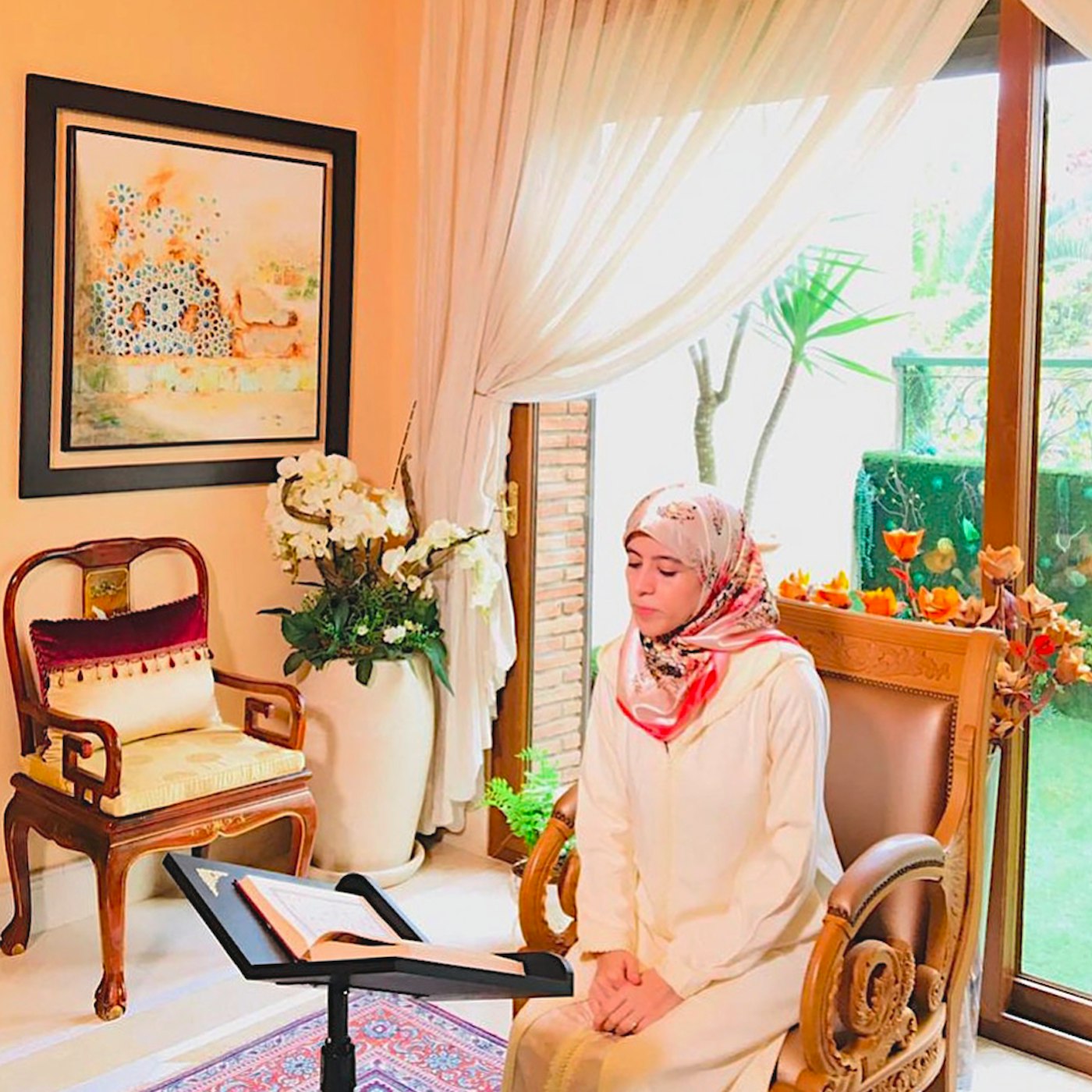
Our second reciter is Farah Elbakkali from Morocco. Farah has participated in many national and international Qur’ran competitions, including the Mohammed VI competition for the Memorisation and Recitation of the Holy Qur’an where she was awarded first place. You may notice that Farah’s recitation style is different to the last recitation we featured in the playlist. This is because Farah is reciting in the Warsh style, a method of recitation which is more common to countries in North Africa.
You can follow more of Farah’s work over on her Instagram and YouTube, and listen to her full recitation of Surah Al-Kahf on Spotify, Acast, Apple Podcasts or any of your other favourite streaming platforms.
Tell us more about yourself
“Assalamu alaykum, my name is Farah. I’m 22-years-old and I’m an international Qaria’ah (reciter of the Qur’an). I’ve participated in a lot of national and international competitions, and I memorised the whole Qur’an by age 11.”
Why did you want to take part in this project?
“I want to take part in this project because I see that it establishes the status of women and provides a beautiful model for Muslim women.”
Who has supported you/inspired you the most on your journey to learning the Qur’an?
“My Qur’an teacher is my dad, he taught me how to memorise, to read and to recite the Qur’an. My mother supported me a lot and I can’t thank them enough.”
What is your favourite Qur’an competition that you have participated in and do you have any advice for sisters that want to enter Qur’an competitions?
“I’ve participated in a lot of national and international competitions. My favourite one was the Mohammed VI Competition for the Memorisation and Recitation of the Holy Qur’an where I was awarded first prize in my country. That was awesome!
For all the sisters who want to enter Qur’an competitions, practise to increase your breath control, because Qur’an recitation is a complete art in itself. Focus on perfecting the makhaarij (the points of articulation for [the Arabic] letters) and time delays for each letter in the alphabet. Notice the ups and downs in your voice and try to recite with the reciter. This will make your recitation sound much better – I wish you all the best!”
What is your favourite Surah in the Qur’an and why?
“My favourite Surah is Al-Baqara Because it protects us from all ills and makes life easier for us and my favourite Qir’aat of the Qur’an are Hafs and Warsh.”
Do you have any tips or advice for learning/reading/memorising the Qu’ran?
“There are some practical tips given to me by my teacher (who happens to be my father!) that I used to memorise the Quran: firstly, recite the entire passage out loud to get a sense of the rhythm. Secondly, focus on the meaning of the words instead of the sounds alone to make memorising easier. Most ayahs are pretty short and are divided in a way that makes memorisation easy.
Ultimately, I think that every person wanting to learn the Qur’an must have immense willingness to learn and try to hear as much as possible the readings of the great old Qoraa’ [reciters] such as Al-Minshawi and Husary“
If you enjoyed this project, be sure to check out many other projects, initiatives and individuals who are amplifying female reciters.
Madinah Javed
Javed started the #femalereciters hashtag on social media to encourage others to recite and changes the soundscape of recitation. Javed has been invited to recite all around the world.
The servants of the All-Merciful are those who walk lightly on the earth and, who, when the ignorant speak to them, say, ´Peace´. #femalereciters https://t.co/WkM3m3xhZV pic.twitter.com/18wEAri0MB
— Madinah Javed مدينة جاود (@MadinahJaved) June 3, 2018
Pearls of Islam
Made up of Sakinah Lenoir and Rabiah Mali, this duo share songs of praise, words of devotion and sounds of love. They are singer-songwriters who compose and arrange all of their songs. Their music is heavily rooted in traditional Islamic poetry (Qasaid) and contemporary sounds. Their Ladies of Light initiative by The Rabbani project is an event where attendees can hear from Scholars, Quran reciters, singers, poets, speakers from all around the globe.
Maryam Amir
Maryam Amir regularly uses her Instagram platform to platform female reciters and those of knowledge. Here Instagram lives profile different Muslim women, showcasing the rich legacy of female recitation and that we can all strive to develop a deeper relationship with the Quran.
Amaliah Team
This article was written by a member of the Amaliah team or a collective team effort. You can follow us on @amaliah_tweets for the latest or head over to our Instagram @amaliah_com. If you're reading this and are thinking about contributing an article then send us an email with a brief or a full article to contribute@amaliah.com
